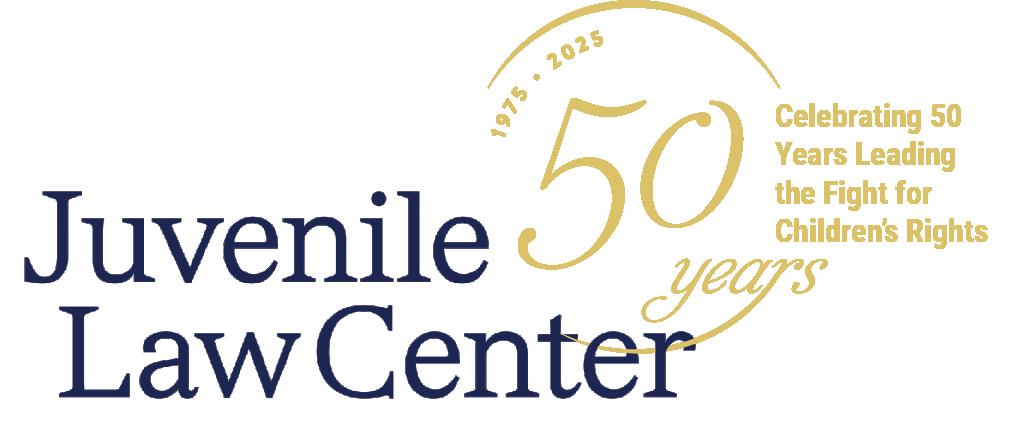Looking Back on 50 Years Leading the Fight for Children’s Rights
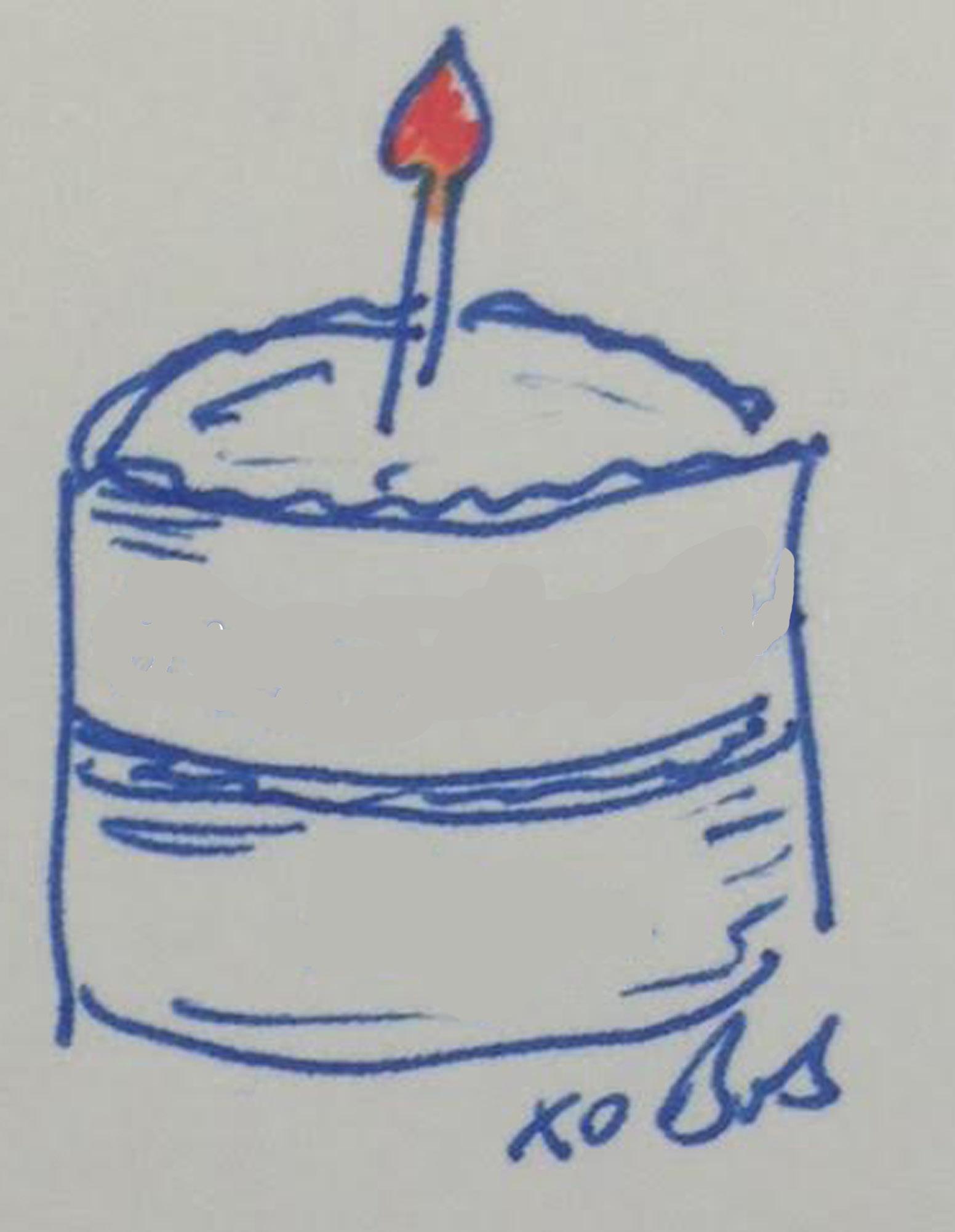
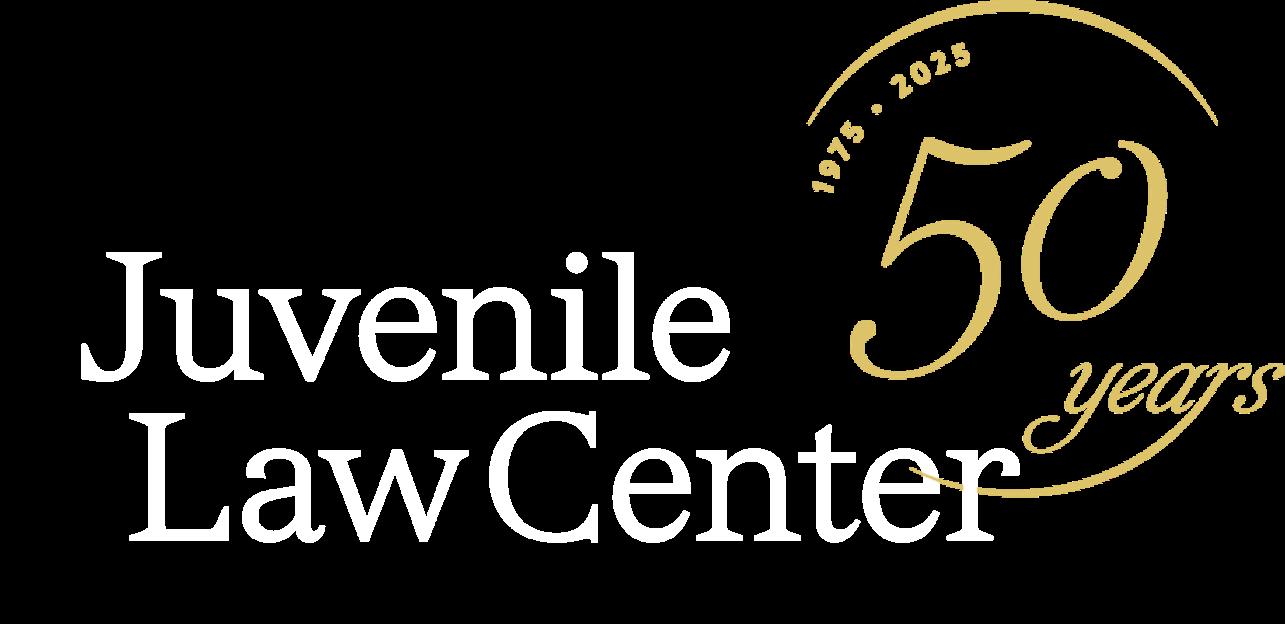
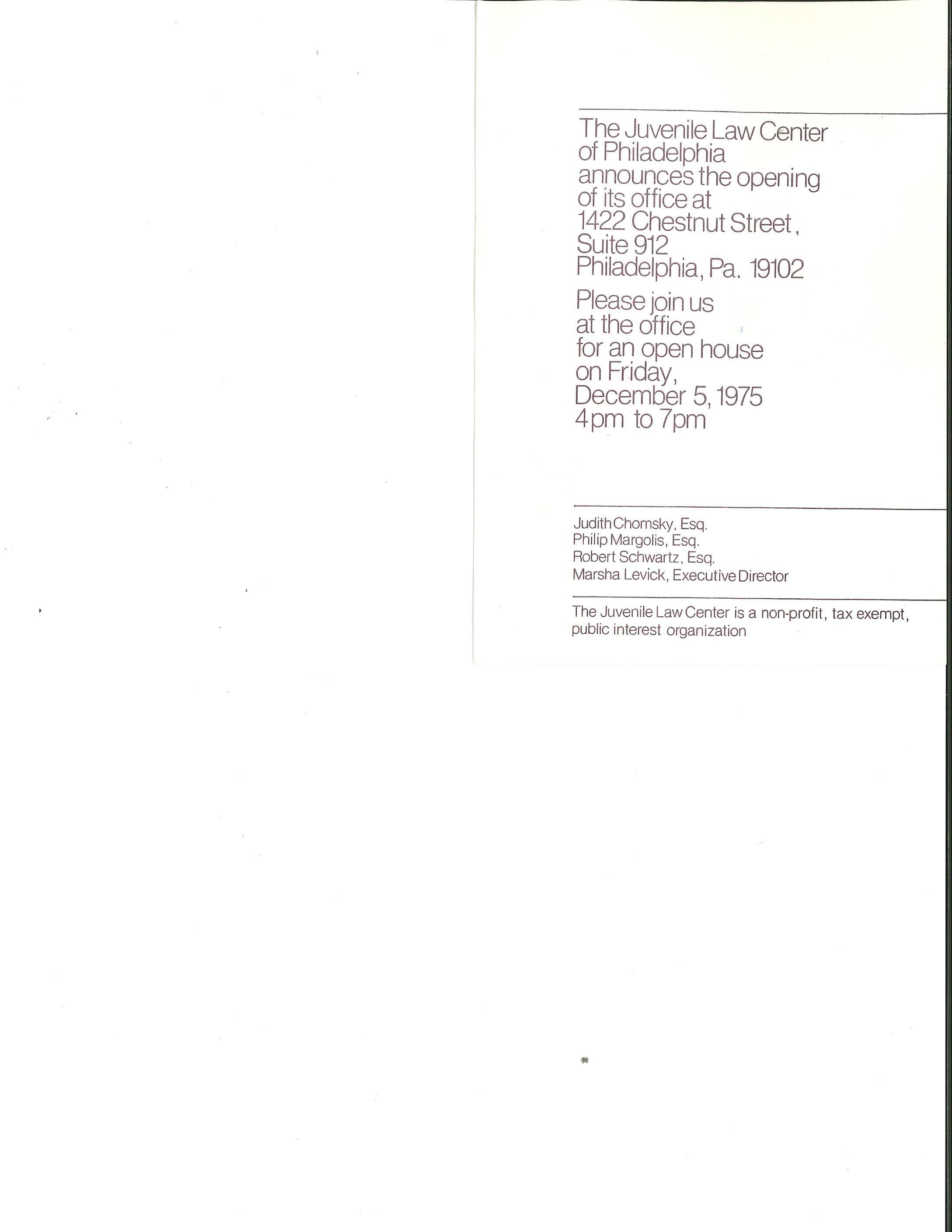
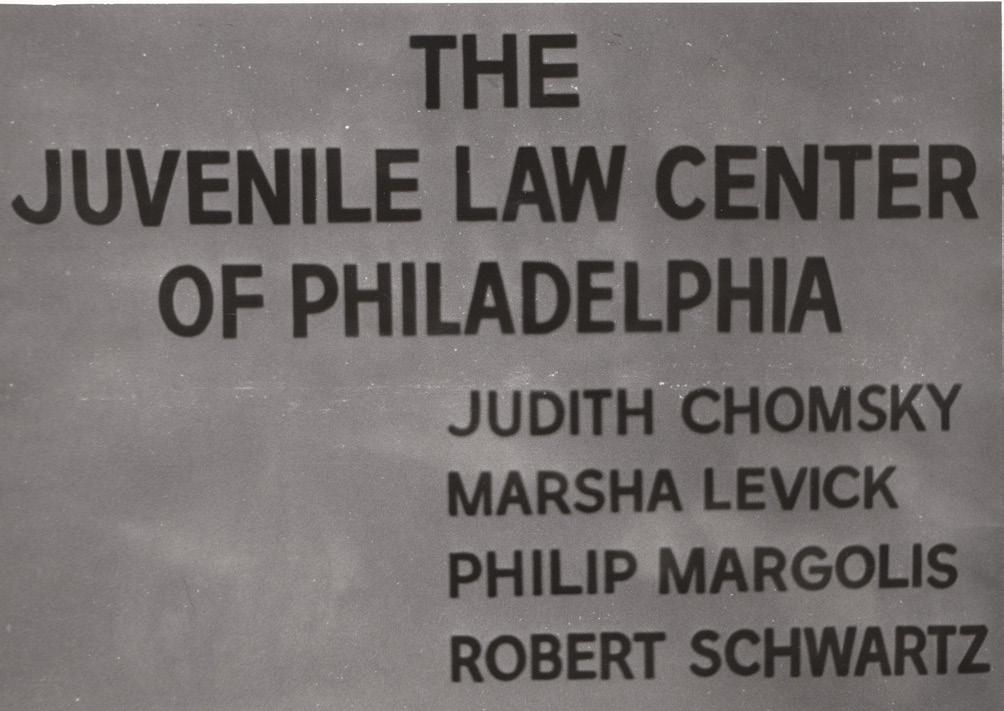
School graduates: Robert G. Schwartz,
Became lead counsel in Santiago v. City of Philadelphia. Took the case over from the ACLU and CLS, which challenged overcrowding and conditions of confinement in Philadelphia youth detention centers.
1975 1976
DID YOU KNOW? - Marsha Levick served as Juvenile Law Center’s first Executive Director.
Rodenboh v. West Chester Area School District, challenging lack of due process in school discipline matter; settled favorably and new procedures adopted. This was Juvenile Law Center’s first civil rights action we filed.
Published first of seven editions of Child Abuse and the Law.
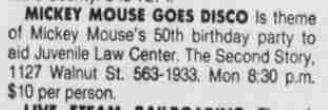
An early fundraiser featured in the “Fun for Everyone” section of the Philadelphia Inquirer from 1978!
Entered into first of several settlement agreements in Santiago, which improved education, medical care, and sanitation at the facility, and ultimately resulted in federal court decisions that contributed to the body of law on conditions of confinement in juvenile detention centers.
1977 1978
Settled Brunner v. Montgomery County Juvenile Detention Center, leading to adoption of Pennsylvania regulations strictly limiting the use of isolation.
Filed and settled Cameron v. Montgomery County Child Welfare Services, challenging lack of judicial review of foster youths’ placement; the court’s decision contributed to Congress’ decision to pass the Adoption Assistance and Child Welfare Act of 1980.
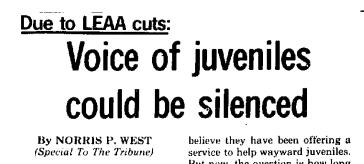
In October of 1980 Juvenile Law Center was featured in the Philadelphia Tribune after major funding cuts threatened the future of our work.
Changed name from The Juvenile Law Center of Philadelphia to Juvenile Law Center to reflect state and national reach.
1979 1980

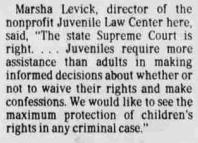
Published the first Children’s Rights Chronicle, a bi-monthly newsletter.
Filed Coleman v. Stanziani, challenging preventive detention of children pre-trial.
On November 5th, 1981. Pennsylvania’s State Supreme Court handed down their decision in Com. v. Henderson, in which they ruled that police had improperly taken a confession from Henderson who was only 15 at the time and had not been given the opportunity to consult a parent or “interested adult” before waiving his right to silence.
Robert G. Schwartz named Executive Director; Marsha Levick leaves to become Legal Director at NOW Legal Defense and Education Fund.
Entered into a contract with the City of Philadelphia to represent abused and neglected children in Family Court.
US District Court for the Eastern District of Pennsylvania decided Coleman v. Stanziani, which led to a settlement agreement adopting new detention standards for the state of Pennsylvania, including prohibiting detention for children under twelve and for technical probation violations. Standards remained in place for nearly twenty years.
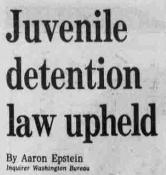
A headline from the Philadelphia Inquirer on June 5th, 1984 1983 1984
Decision issued in Juvenile Law Center’s first United State’s Supreme Court case, Schall v. Martin. As amici, we argued against preventive detention of youth who had not been adjudicated delinquent, but the court unfortunately upheld preventive detention.
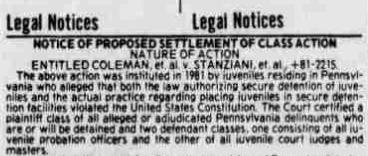
Produced a report aimed at reducing delays in court proceedings dealing with dependent and delinquent children.
A legal notice from the Philadelphia Inquirer on December 16th, 1985. 1985 1986
Published the first of four editions of Pennsylvania Judicial Deskbook. Settled Coleman v. Stanziani limiting detention to serious cases and requiring judges and probation officers to justify secure detention. Data collection forms introduced are still used across PA.
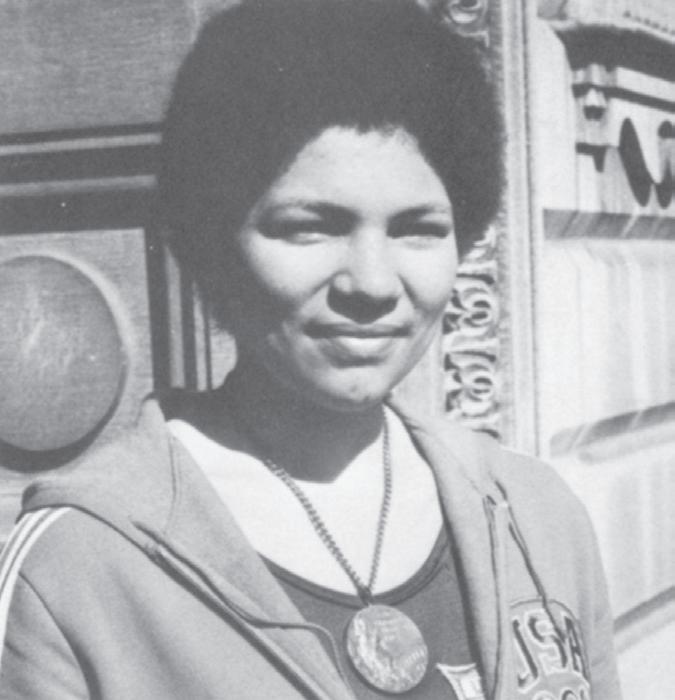
“My years at Juvenile Law Center taught me about working together. We had a multidisciplinary group. ...To this day I utilize the multidisciplinary approach in problem solving.”
- Anita DeFrantz, former staff attorney (1977) & Olympian
Board of Directors unanimously adopted a resolution opposing the juvenile death penalty and authorized staff to implement that resolution.
As part of the Family Preservation Project, Juvenile Law Center legal advocacy sparked a national effort to promote the “reasonable efforts” provision in federal law.
Filed T.B. v. City of Philadelphia, challenging adequacy of aftercare probation in Philadelphia.
Awarded the Children and Youth Advocates Award by the Philadelphia County Child Welfare Advisory Board.
1987
1988
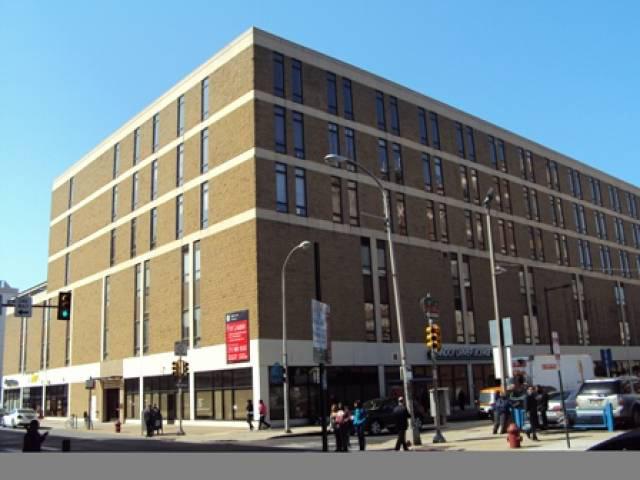
Filed with ACLU, T.M. v. Philadelphia, to enforce right to counsel for all children in dependency proceedings.
Moved into shared space with Education Law Center and Disabilities Law Project at 801 Arch Street.
Joined City of Philadelphia in suit to increase state funding for children’s services.
1989 1990
Filed Scott v Snider with other Pennsylvania public interest organizations to increase health care access for foster children under EPSDT.
Filed D.B. v. Casey, challenging abusive conditions at state-run Youth Development Center in Bensalem, PA.
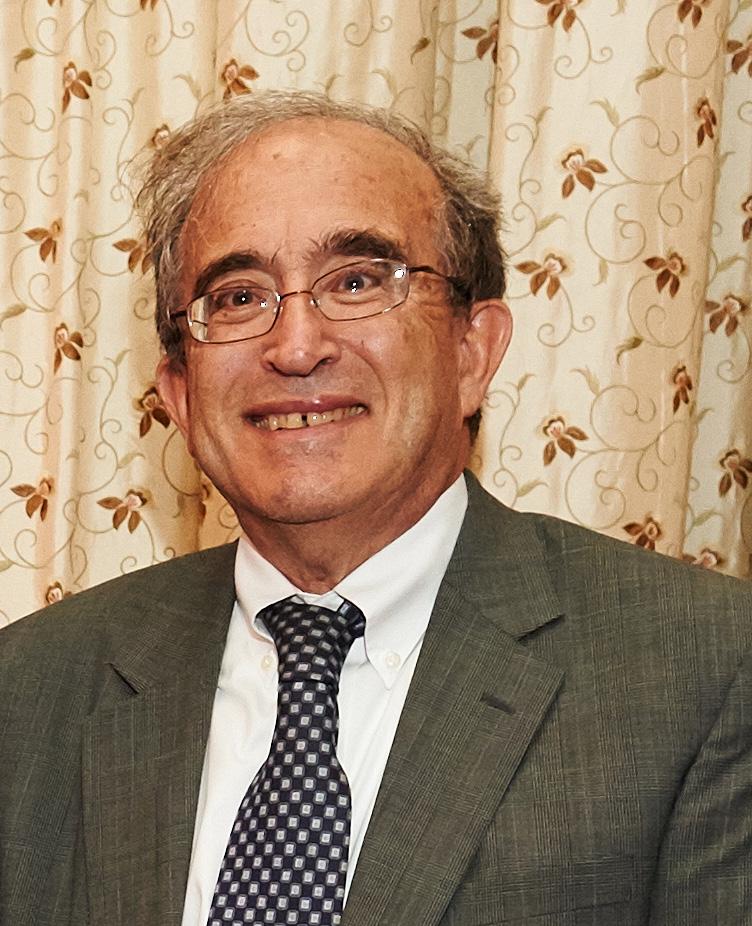
Testified before U.S. Senate Judiciary Committee about juvenile justice legislation. 1991 1992
“It seems to me, particularly now when kids are the center of the social and political agenda in the United States, that an institution like JUVENILE LAW CENTER, which in a personalized way, every morning gets up and says, what have I done yesterday? What can I do today? What am I going to do tomorrow…for kids? It’s immensely important.”
Produced Truancy Court Watch report for Philadelphia Citizens for Children and Youth with Education Law Center-Pa.
- Dan Segal, former Board Member and Board President. Remarks from our 20th Anniversary 1993 1994
Filed amicus brief in class action lawsuit on behalf of all children abused or neglected in Philadelphia in Baby Neal v. Casey.
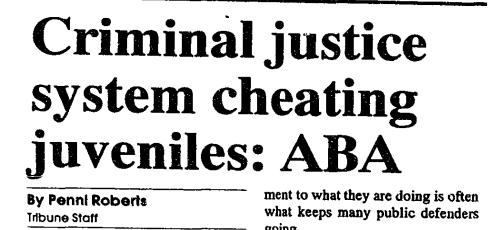
Published A Call For Justice, the first national assessment of the adequacy of counsel for delinquent children nationwide with Youth Law Center and ABA Juvenile Justice Center.
Co-sponsored first of four Symposia with Temple Law School Law Review on the evolution of children’s rights.
Filed successful contempt motion against City of Philadelphia in Santiago for violation of juvenile detention center population caps.
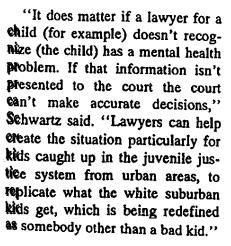
A 1995 Philadelphia Tribune article about A Call for Justice, including a quote from co-founder Bob Schwartz.
Robert Schwartz and Marsha Levick appointed to Management Committee of newly created National Juvenile Defender Center.
1995 1996
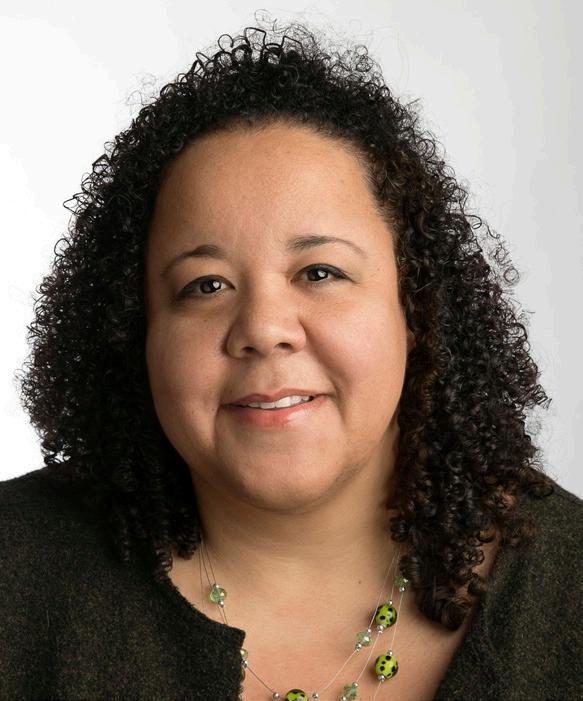
“The world is a better place because Juvenile Law Center holds policy and lawmakers accountable while challenging them make good on their promises to our youngest and most vulnerable citizens.”
- Sacha Coupet, Current Board Member & 1998 Summer Intern
Robert Schwartz appointed to MacArthur Research Network on Adolescent Development and Juvenile Justice.
Pennsylvania and U.S. Supreme Courts denied review of case challenging the lack of a jury trial for youth charged with delinquency in In re J.F.
1997 1998

The internet has come a long way since the days of dial-up!
Juvenile Law Center launched the organization’s first website, www.jlc.org.
Settled Brian B. v. Pa. Dept of Education, challenging denial of basic and special education to school-age offenders in adult county jails; Pennsylvania Department of Education issues bulletin setting forth minimum number of hours of education for school-aged youth in detention.
Awarded Smith Kline Beecham Community Health Impact Award.
Juvenile Law Center moved to 1315 Walnut Street.
Established the Sol and Helen Zubrow Fellowship in Children’s Law.
1999 2000
Published Promises Kept, Promises Broken: An Analysis of Children’s Right to Counsel in Dependency Hearings in Pennsylvania.
In a victory for client A.M., the Pennsylvania Superior Court reversed the adjudication by Luzerne County juvenile court judge due to an improper waiver of counsel.
Launched End Zero Tolerance website.

Published first edition of Consent to Treatment and Confidentiality Provisions Affecting Minors in Pennsylvania.
Suzanne Meiners selected as first Sol and Helen Zubrow Fellow in Children’s Law. Today, Suzanne serves as the Vice Chair of our Board of Directors. 2001 2002
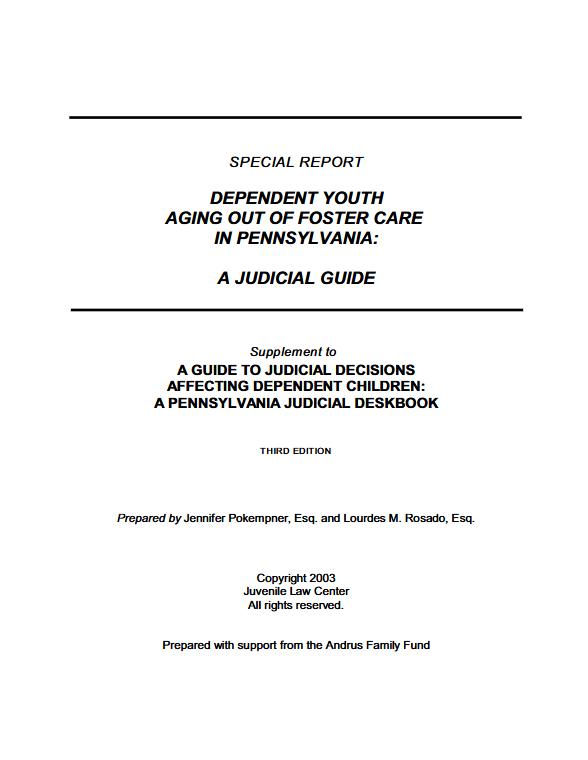
Published Dependent Youth Aging Out of Care.
Became lead entity in MacArthur-funded Models for Change initiative.
Published Pennsylvania Judicial Deskbook: A Guide to Statutes, Judicial Decisions and Recommended Practices for Cases Involving Dependent Children in Pennsylvania.
In a victory for client A.M., Third Circuit rules Luzerne County (PA) detention center could be sued over lax policies and procedures to prevent harm and keep children safe in the facility. Juvenile Law Center also settled a lawsuit challenging A.M.’s conditions of confinement.
2003 2004
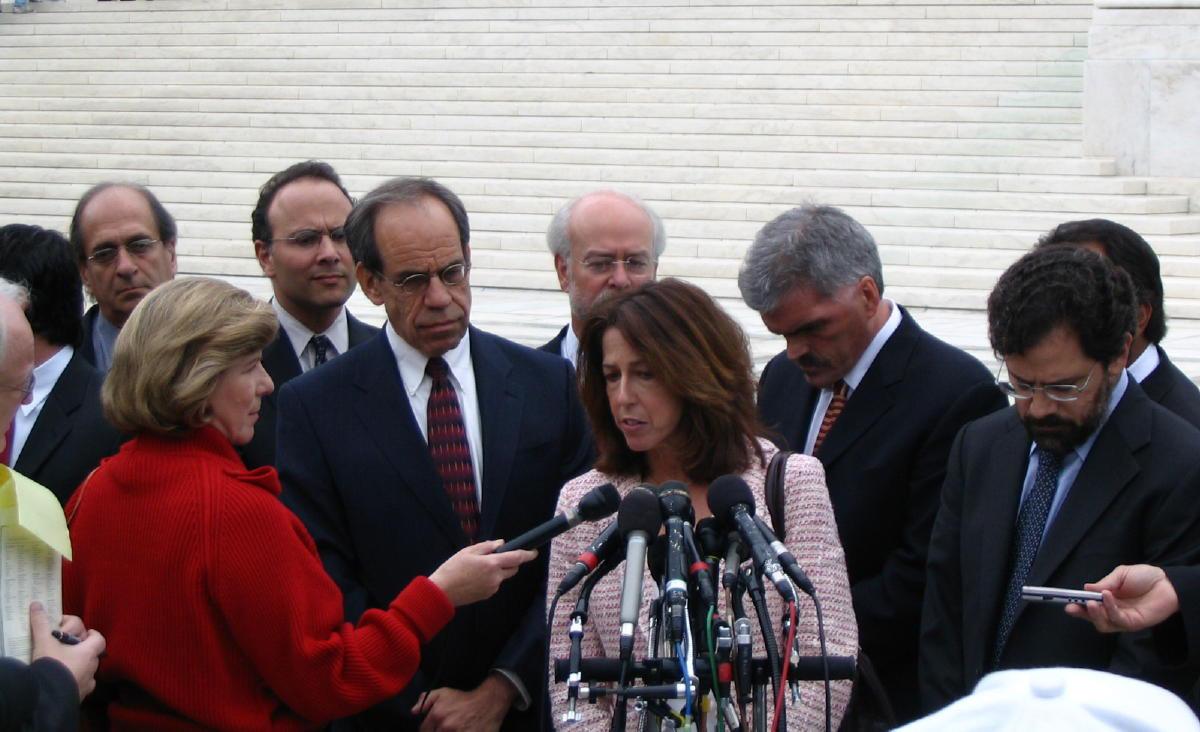
In a victory for our clients in D.C. v. School District of Philadelphia, Pennsylvania Commonwealth Court holds adjudicated youth entitled to due process before assignment to alternative schools after returning from placement.
Settled Anderson v. Houston, establishing the right of kinship caregivers to receive foster care payments.
In 2005, Roper v. Simmons decided by U.S. Supreme Court striking the juvenile death penalty. Juvenile Law Center was lead amicus on behalf of over 50 advocacy organizations nationwide.
Published first edition of Know Your Rights: A Guide for Youth in Substitute Care with KidsVoice and PA Resources for Youth, a website for youth transitioning out of substitute care.
In the case of In re S.J., the Superior Court of Pennsylvania decided to permit youth to remain in Pennsylvania’s dependency system while they attend college.
Co-sponsord Symposium on Law and Adolescence with Temple Law School Law Review.
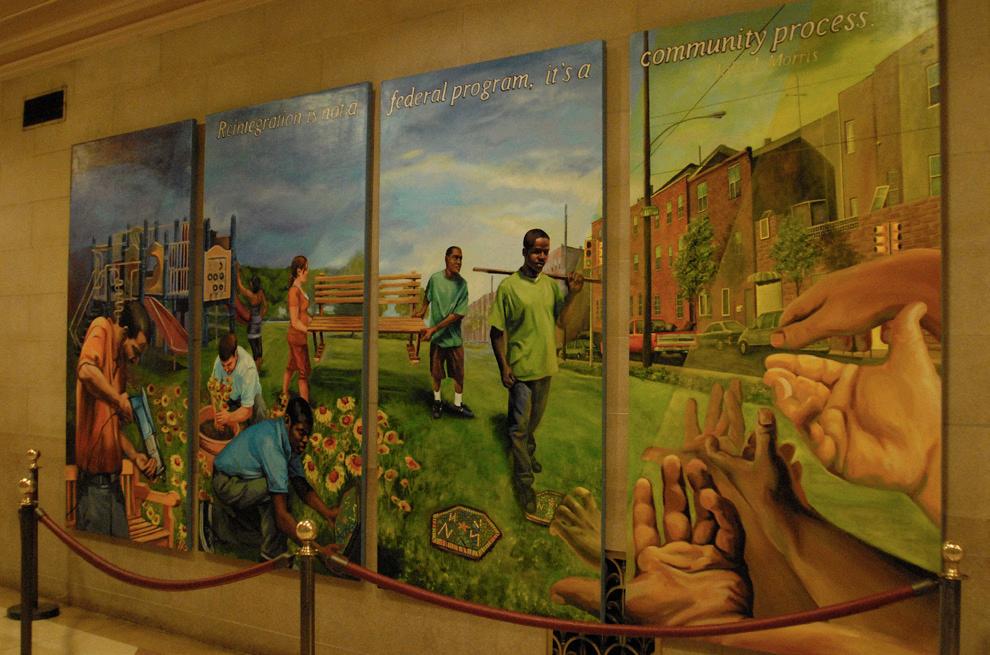
Partnered with the Mural Arts Program and the National Juvenile Defender Center to create two murals celebrating the 40th anniversary of the US Supreme Court’s landmark ruling in In re Gault.
With partners, Education Law Center – PA and American Bar Association, launched Legal Center for Foster Care and Education and published BluePrint for Change.
Published national report, Protecting Youth from Self-Incrimination while Undergoing Screening, Assessment and Treatment within the Juvenile Justice System.
Awarded MacArthur Award for Creative and Effective Institutions.
Filed In re J.V.R. in the Pennsylvania Supreme Court, a King’s Bench Petition seeking relief for youth in Luzerne County, Pennsylvania, who were adjudicated in juvenile court without counsel.
Al Odah v. United States of America decided. Juvenile Law Center joined as amici on behalf of youngest juvenile detainee at Guantanamo Bay.
Published Solving the Data Puzzle: A How-To Guide on Collecting and Sharing Information to Improve Educational Outcomes for Children in Out-of-Home Care with Legal Center for Foster Care and Education.
Launched Juveniles for Justice, a youth advocacy group of youth who have been in the juvenile legal system.
2007
2008
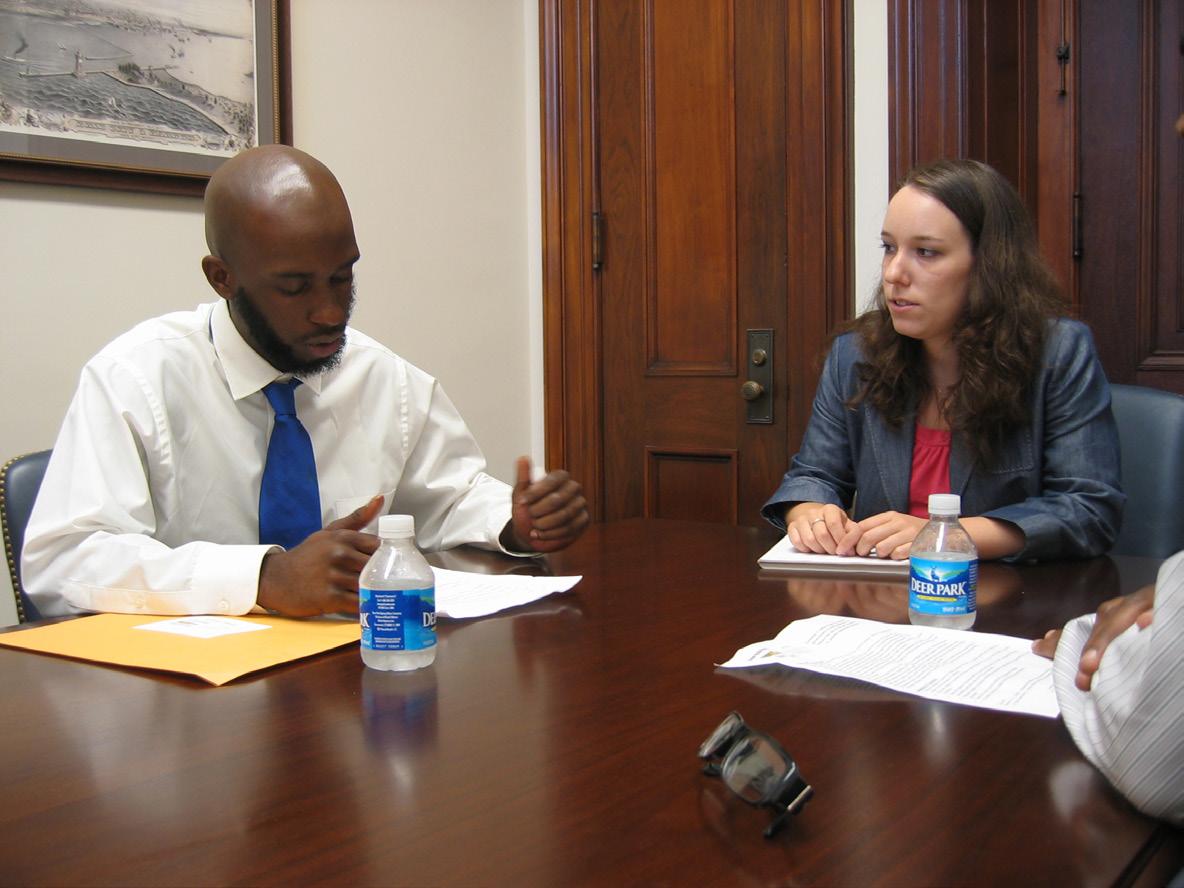
Filed an amicus brief in U.S. Supreme Court case, Safford Unified School District v. Redding, challenging school strip-search of thirteen-year-old; the Court held that the strip search violated the student’s Fourth Amendment rights.
Launched Youth Fostering Change, a youth advocacy group of youth currently or formerly involved in the child welfare system.
Philadelphia Inquirer honored Marsha Levick and Lourdes Rosado as Citizens of the Year.
In 2009, our newly formed Juveniles for Justice youth advocacy program took a trip to Washington DC to advocate for stricter language in the Juvenile Justice and Delinquency Prevention Act describing the proper use of restraints.
Filed Wallace v. Powell, in federal court with pro bono co-counsel Hangley Aronchick Segal Pudlin & Schiller, seeking damages for youth and their families whose constitutional rights were violated as part of the Luzerne County “kids-for-cash” scandal.
Published a report on implementation of the federal Fostering Connections to Success and Increasing Adoptions Act with Partners for our Children.
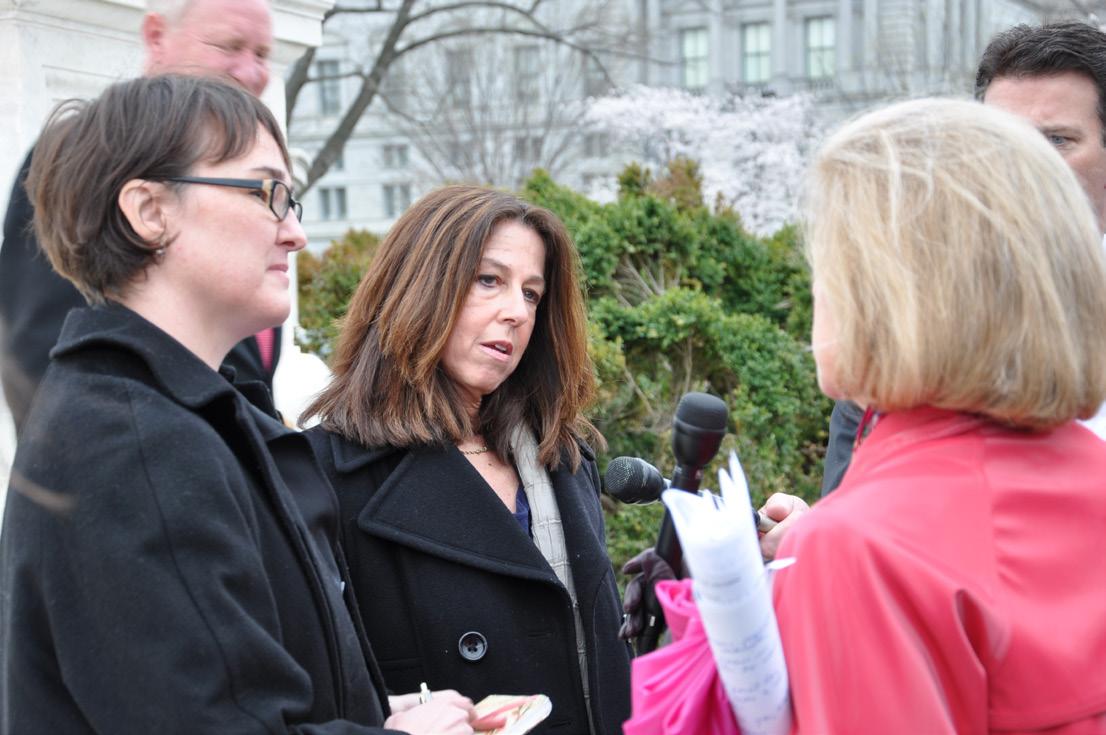
Published Sample State Legislation To Extend Foster Care, Adoption and Guardianship Protections, Services and Payments to Young Adults Age Eighteen or Older with American Bar Association Center on Children and the Law, Center for Law and Social Policy and Children’s Defense Fund.
Submitted Lessons from Luzerne County: Promoting Fairness, Transparency and Accountability, Recommendations to the Interbranch Commission on Juvenile Justice.
U.S. Supreme Court decided Graham v. Florida, holding juvenile life without parole sentences for non-homicide offenses unconstitutional. Juvenile Law Center was lead amicus on behalf of over 50 advocacy organizations and individuals nationwide.
Successfully advocated for Pennsylvania Act 115, which aims to protect sibling relationships for youth in care.
Filed an amicus brief in Miller v. Skumanik in the U.S. Court of Appeals for the Third Circuit, arguing that “sexting” between teenagers should not be criminalized.
Executive Director, Robert Schwartz visited China at the invitation of Yale’s China Law Center to speak to jurists, academics and others about building a legal system for children.
Marsha Levick helped launch the Child Law Clinic at the Faculty of Law, University College Cork, Ireland.
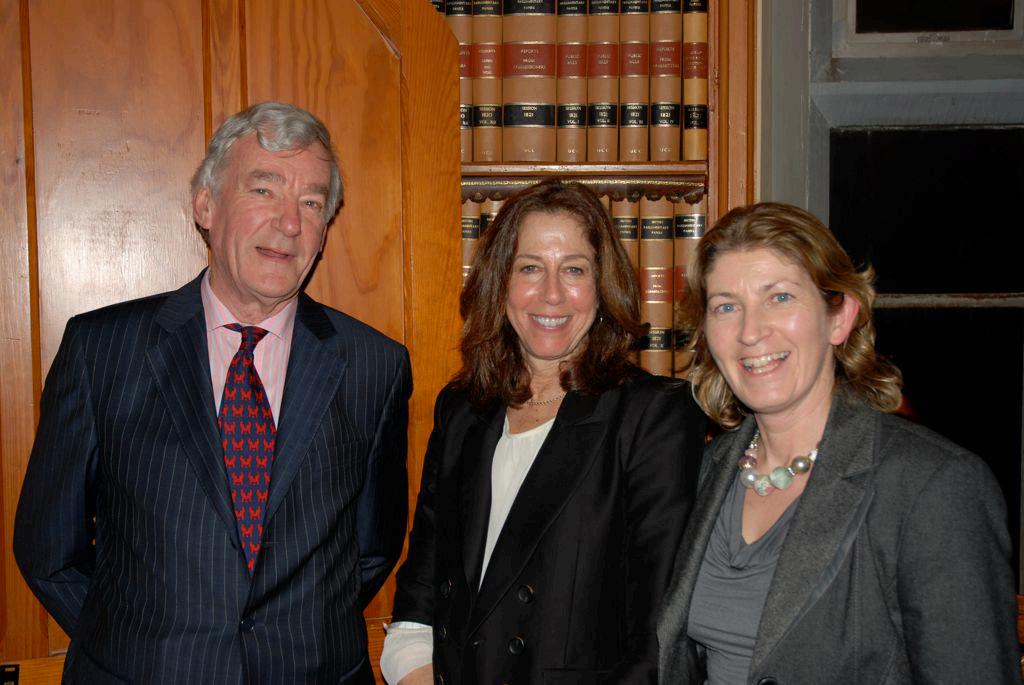
Ruling in J.D.B. v. North Carolina, holding that age is a relevant factor in determining whether a child should receive a Miranda warning; Juvenile Law Center appeared as amici on behalf of dozens of organizations.
In a case Juvenile Law Center argued, the Pennsylvania Superior Court holds that eleven-year-old J.B., accused of murder, should not have been transferred to adult court given a violation of his right against self-incrimination.
Established the Youth Speakers Bureau, enhancing our Youth Advocates’ capacity to push for reform in the child welfare and juvenile justice systems.
Published Navigating the Juvenile Justice System: A Guide for Parents and Guardians.
Issued Federal Policy, ESEA Reauthorization, and the School-to-Prison Pipeline with Advancement Project; Education Law Center – PA; FairTest; The Forum for Education and Democracy; and NAACP Legal Defense and Educational Fund, Inc.
Filed an amicus brief in Miller v. Alabama in the U.S. Supreme Court on behalf of ninety organizations and individuals, arguing that juvenile life without parole sentences are unconstitutional. The Court ruled in Miller that mandatory juvenile life without parole sentences violate the Eighth Amendment.
Worked with a coalition that successfully advocated for Pennsylvania to enact two new laws to provide greater opportunities and support to older youth in foster care. These laws provide more opportunities for youth to remain in care until age twenty one, allow youth who have aged out of care to re-enter care, and extend adoption subsidies until youth are twenty one.
With partners, co-hosted a series of regional listening sessions on juvenile justice and education with over 100 experts and prepared recommendations to the U.S. Departments of Education and Justice with 127 organizational and eighty four individual signers.
Partnered with Center for Juvenile Justice Reform (CJJR) at Georgetown University’s Public Policy Institute to conduct the inaugural Information Sharing Certificate Program.
The federal court approved the first settlement in the Luzerne County “Kids for Cash” class action lawsuit for $17.75 million dollars.
Co-sponsored with Harvard Civil Rights-Civil Liberties Law Review a colloquium entitled “Roper, Graham, and J.D.B: Re-Defining Juveniles’ Constitutional Rights” at Harvard Law School.
Pennsylvania Supreme Court in In re J.V.R. issued order to vacate the adjudications and expunge the records of the thousands of youth who appeared in tainted proceedings as part of the ”Kids for Cash” scandal.
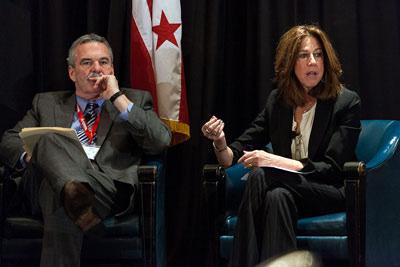
In 2012, Juvenile Law Center played leadership roles at the John D. and Catherine T. MacArthur Foundation’s Models for Change conference in Washington, DC, participating as moderators and panelists to help further juvenile justice reform in the United States.
Received the Gloria J. Jenkins Award for outstanding contributions to juvenile justice reform from the Annie E. Casey Foundation Juvenile Detention Alternatives Initiative.
Successfully advocated for federal Uninterrupted Scholars Act, which amends the Family Education Rights and Privacy Act (FERPA) to allow for better information sharing between child welfare and education workers.
Marsha Levick traveled to Okinawa and Tokyo, Japan to teach trial advocacy, and lecture on both the American juvenile justice system and the “kids-for-cash” scandal.
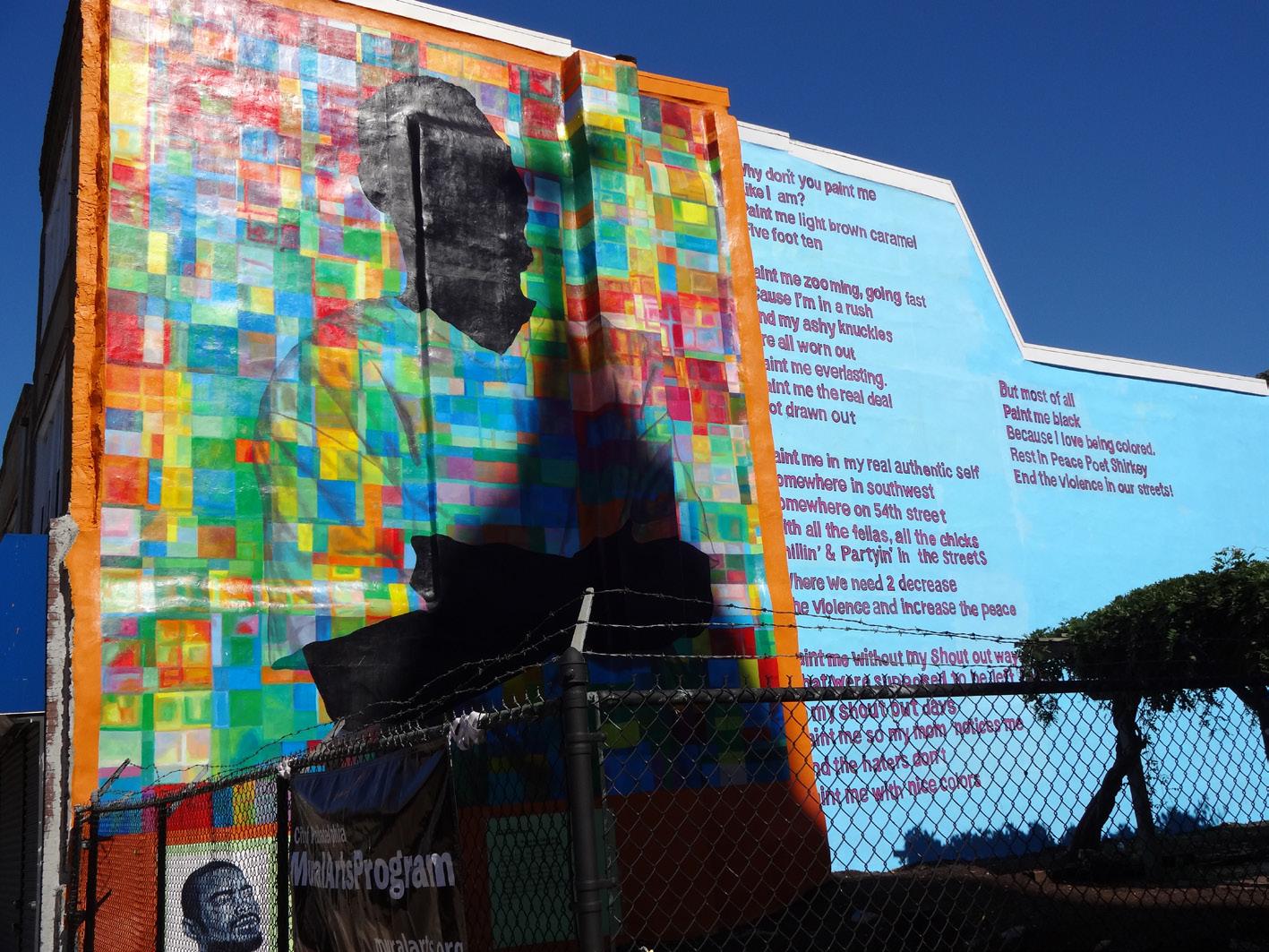
City of Philadelphia Mural Arts Program honored the life and legacy of former Juveniles for Justice youth advocate, Shirkey Warthen, with a mural entitled Paint Me Like I Am in Southwest Philadelphia.
Published three tools for youth with disabilities transitioning out of foster care, including Transition Planning for Youth with Disabilities: A Guide for Professionals.
Issued with partners, Recommendations to Improve Correctional and Reentry Education for Young People based on eight listening sessions across the country.
Negotiated with pro bono counsel Dechert LLP, a $400,000 settlement in T.D. v. Mickens, a case challenging solitary confinement of juveniles.
Successfully advocated for congressional passage of the Uninterrupted Scholars Act, along with Children’s Defense Fund and members of the National Working Group on Foster Care and Education, making it easier for foster youth to succeed in school.
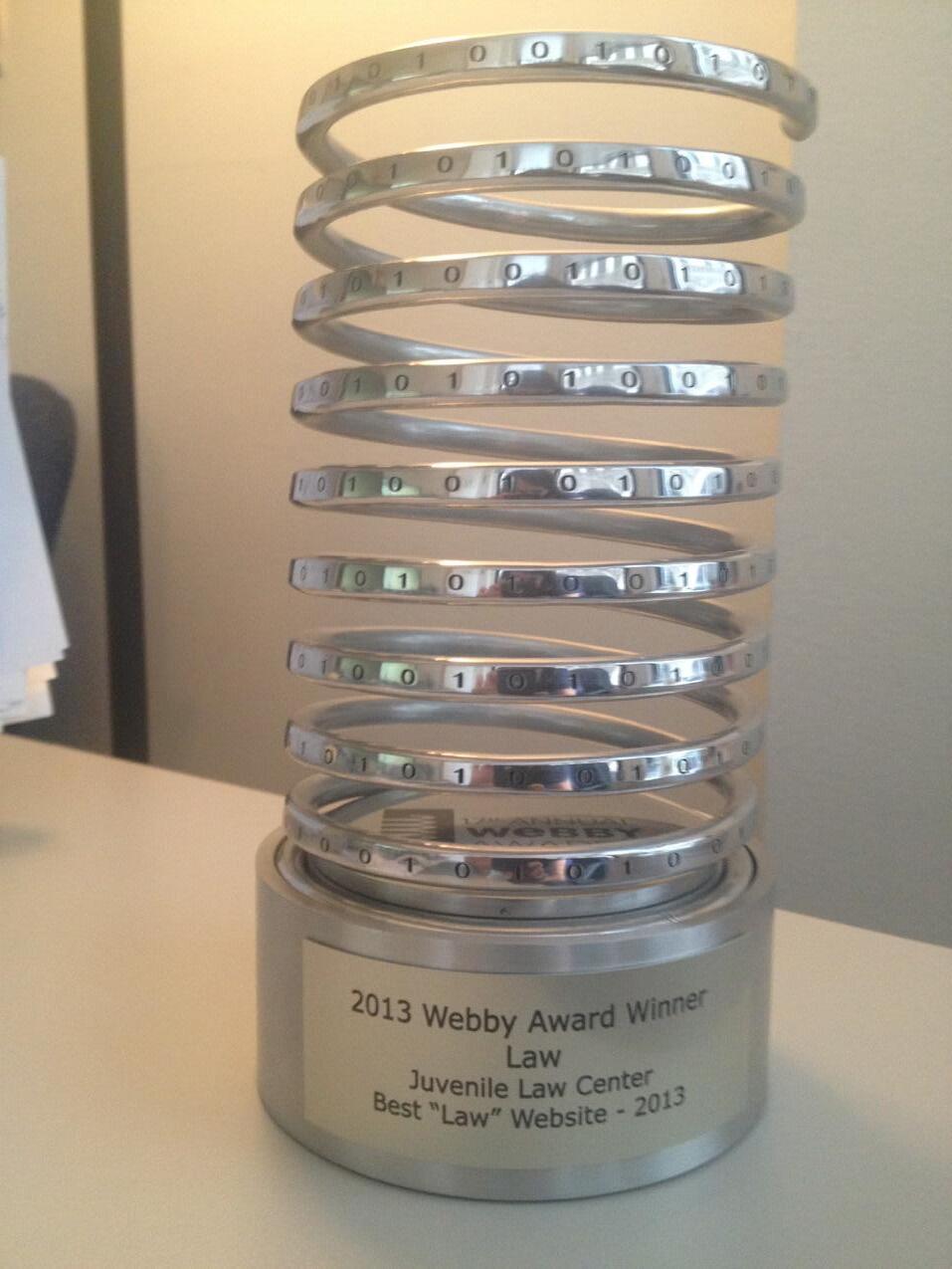
www.jlc.org named Best “Law” Website in the 17th annual Webby Awards.
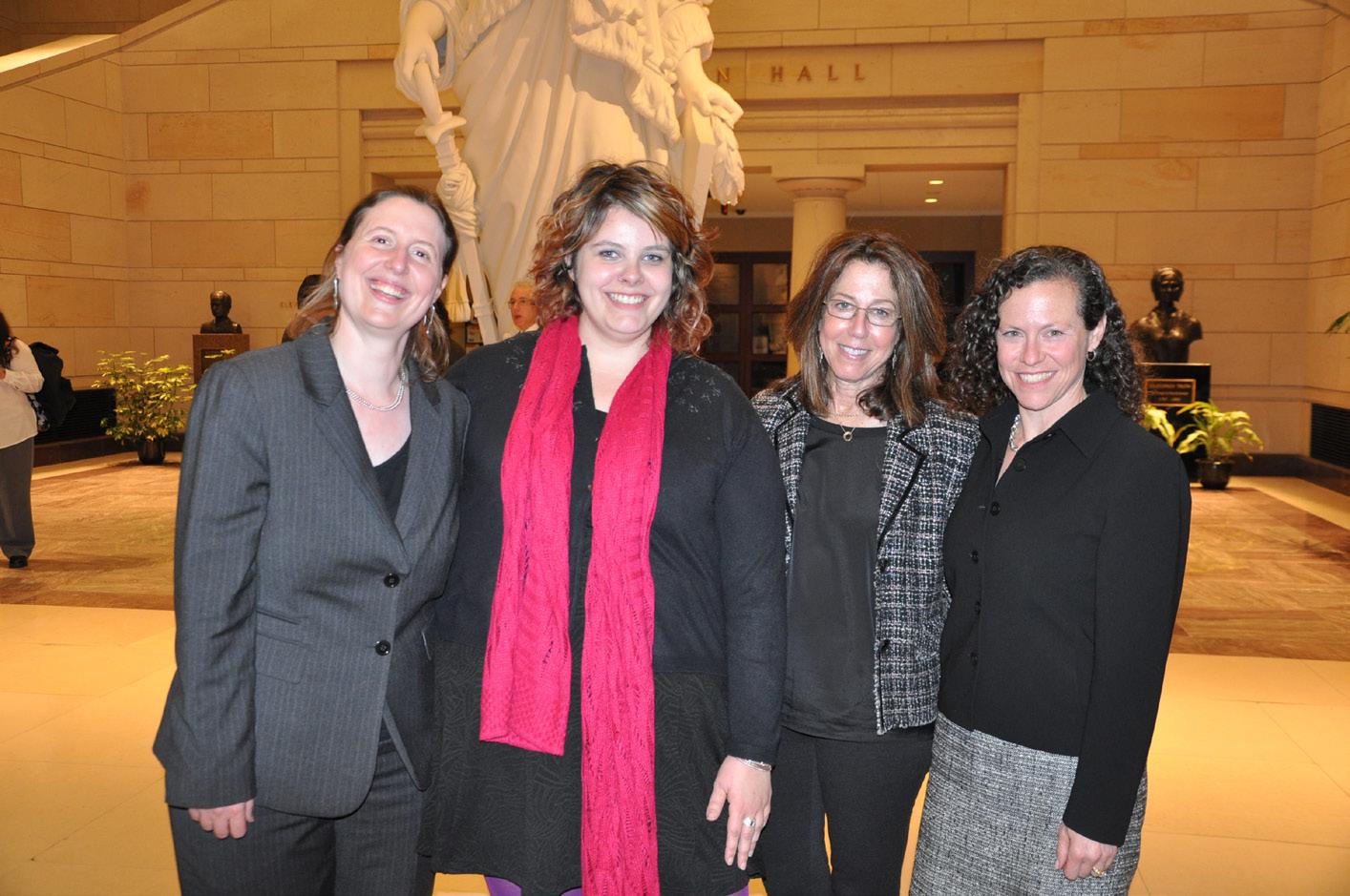
Kids for Cash, an award-winning documentary film by Robert May featuring Luzerne County youth and families and Juvenile Law Center, premiered in theaters throughout the country.
Authored Embedding Detention Reform in State Statutes, Rules and Regulations report for Juvenile Detention Alternatives Initiative.
Released Failed Policies, Forfeited Futures: A Nationwide Scorecard on Juvenile Records and Juvenile Records: A National Review of State Laws on Confidentiality, Sealing and Expungement.
Youth Fostering Change released two publications: A Path to Understanding: A Youth-Developed Guide to Promote Better Communication and Relationships Between Youth and Their Caseworkers and Caregivers, and Youth Assessment Questionnaire: A Tool for Youth to Provide Input into Child Welfare Placement Decisions
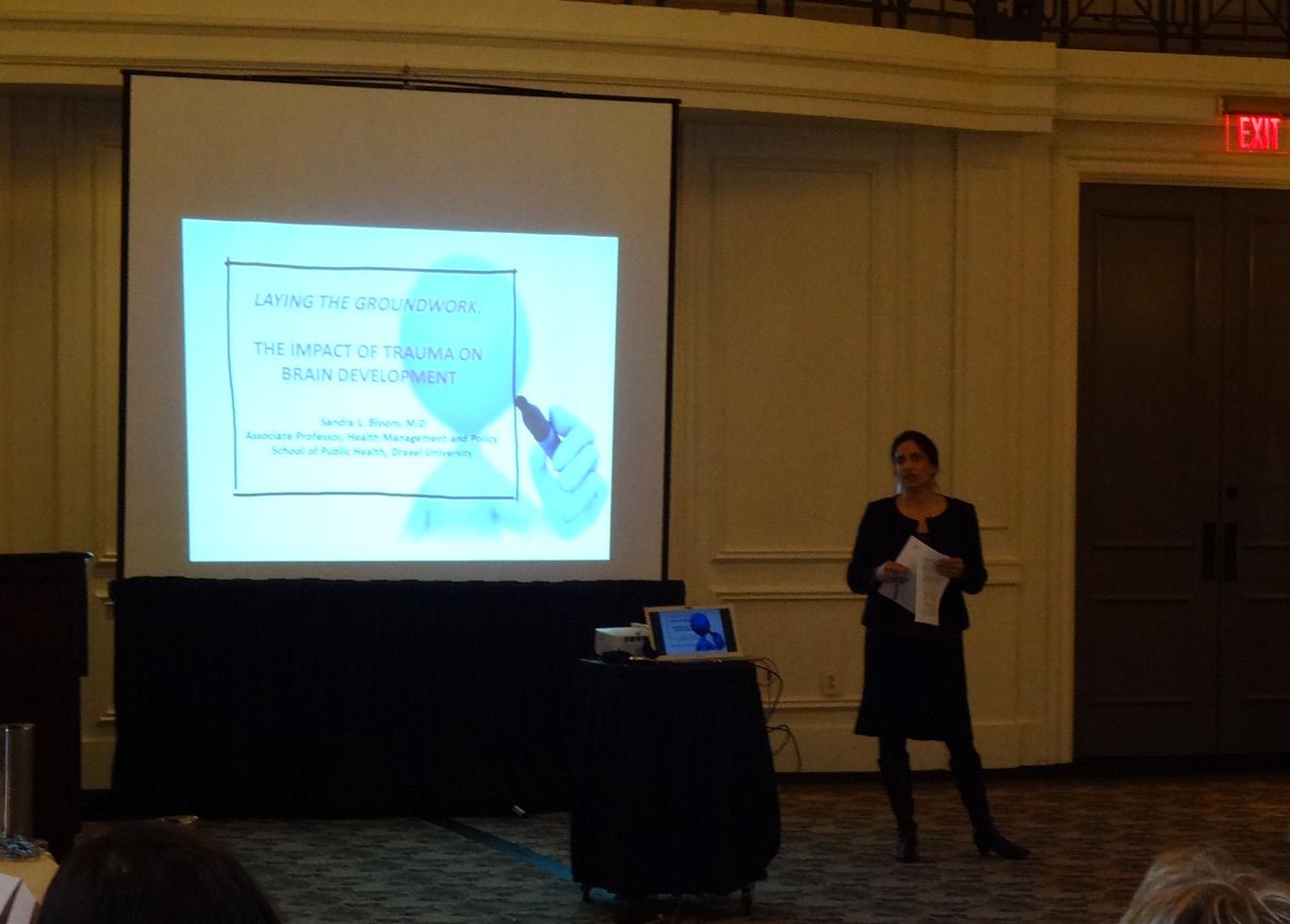
Released Trauma and Resilience: A New Look at Advocacy for Youth in the Child Welfare and Juvenile Justice Systems.
The Pennsylvania Supreme Court, in a case brought by Juvenile Law Center, ruled in In re J.B. et al., that the state’s sex offender registration law is unconstitutional for juvenile offenders.
Participated with National Working Group on Foster Care and Education in Capitol Hill briefing on child welfare and education.
Served as faculty at first Diversion Certificate Program with Georgetown Center for Juvenile Justice Reform.
Hosted convening on transitions to adulthood in Chicago.
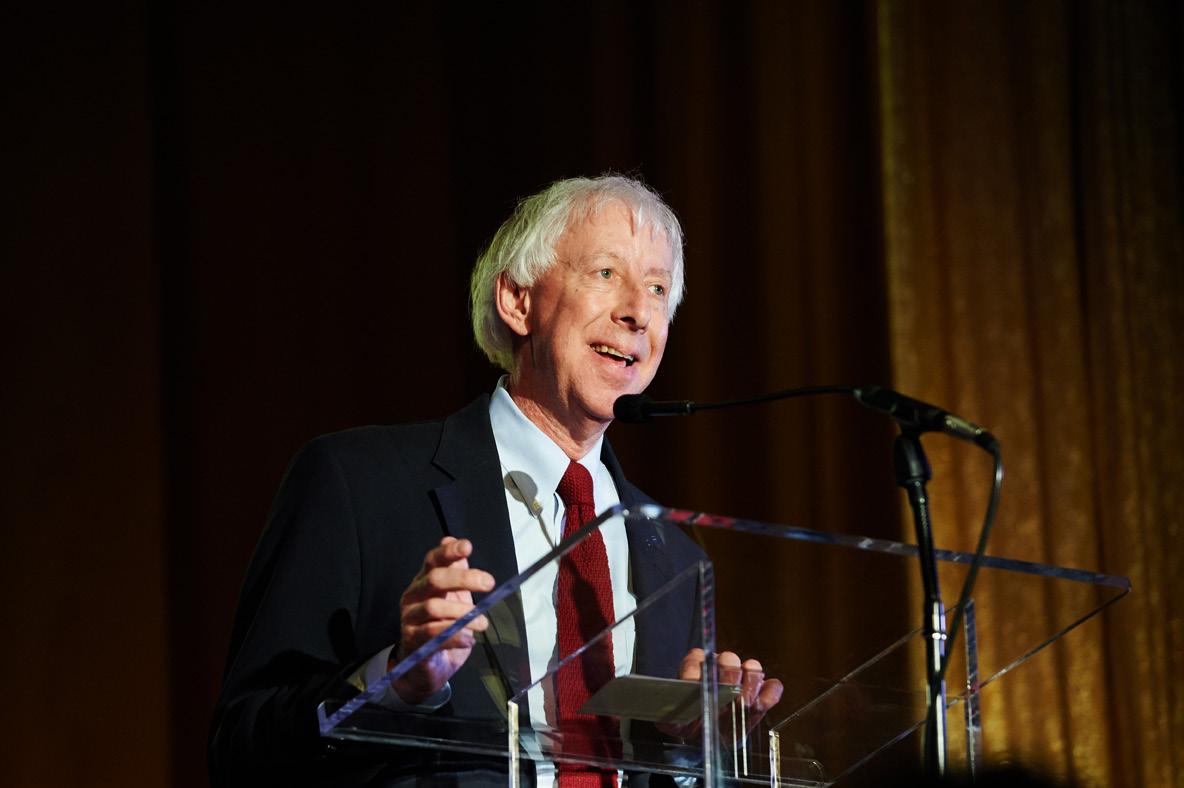
Successfully advocated with partners for federal Every Student Succeeds Act, which created new school stability protections for youth in care and more educational rights for incarcerated youth.
Released with partners an interactive online Information Sharing Tool Kit.
Hosted convening of legal scholars and practitioners on challenging transfer of youth to the adult criminal system.
Established Juvenile Law Center Leadership Prize. Inaugural award went to Bob Schwartz.
Launched the Legal Center for Youth Justice and Education with partners.
Marsha Levick received the Philadelphia Award.
Co-hosted Court Involved Youth in the 21st Century: Empowerment vs. Protection symposium with Temple Law Review.
Robert Schwartz stepped down and Susan Vivian Mangold named Chief Executive Officer.
U.S. Supreme Court in Montgomery v. Louisiana, where we served as co-counsel, ruled that the prohibition on imposing mandatory life without parole sentences on youth applies retroactively.
Published Debtors Prison for Kids: The High Cost of Fines and Fees in the Juvenile Justice System; and launched Debtors Prison for Kids website.
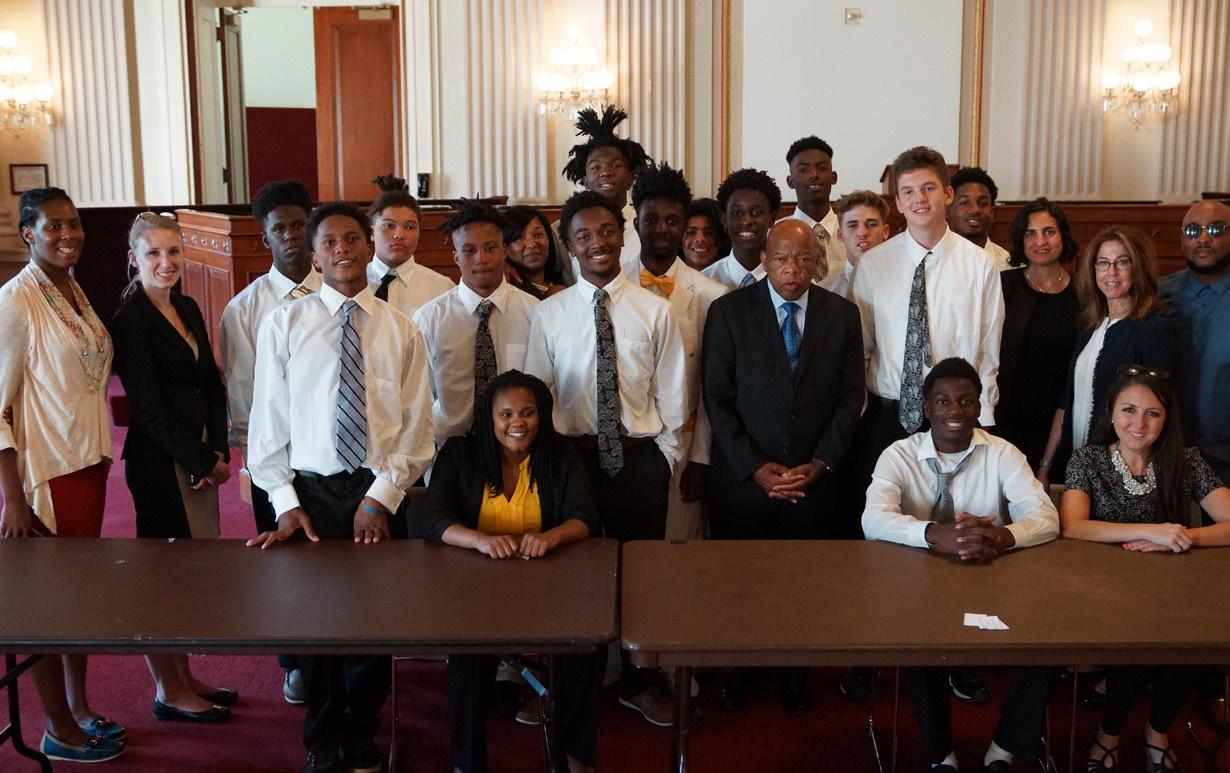
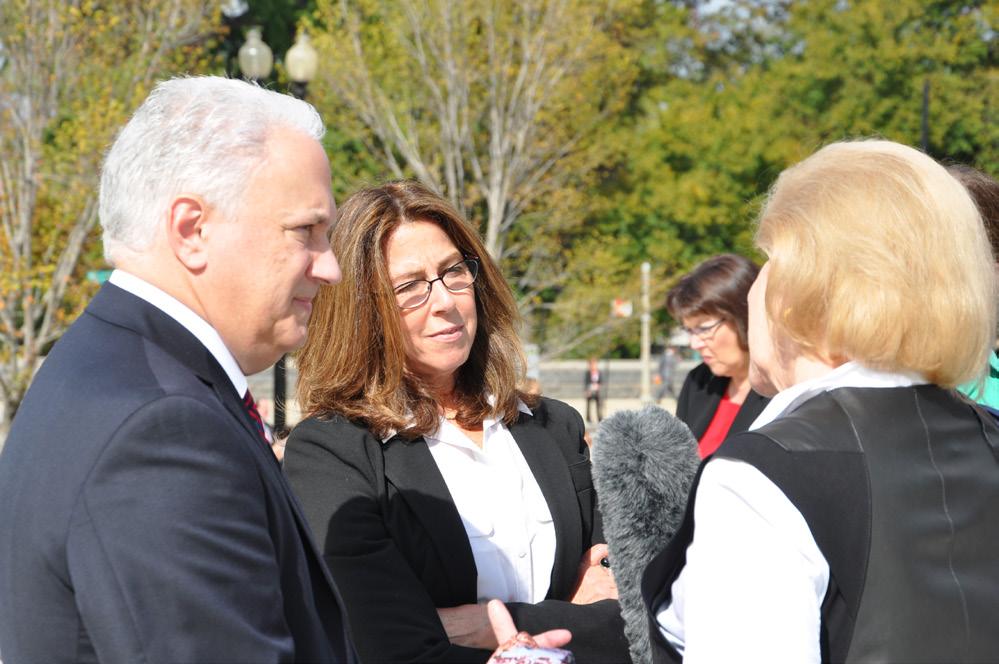
Hosted national convening on juvenile justice and education.
Presented at World Congress on Family Law and Children’s Rights in Dublin.
Launched Youth Matters Philly, an app for youth in foster care experiencing homelessness.
As part of the launch of Debtors Prison for Kids, staff and youth advocates organized a congressional briefing.
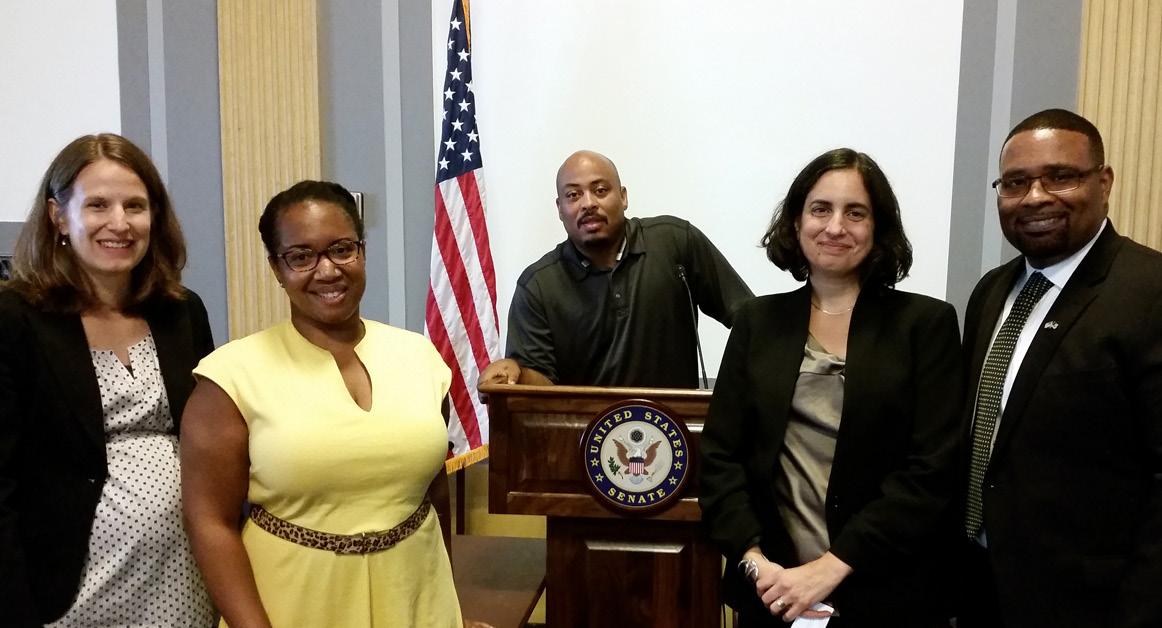
The Juvenile Law Center team participated in a congressional briefing regarding the use of solitary confinement.
Published Unlocking Youth: Legal Strategies to End Solitary Confinement in Juvenile Facilities.
Hosted national convening, with partners, on juvenile justice and education litigation.
Published Blueprint for Change: Education Success for Youth in the Juvenile Justice System.
Hosted national convening of legal scholars and litigators on registration of youth as sex offenders.
Strengthened the Juvenile Justice and Delinquency Prevention Act which reauthorized incentives to keep youth out of adult prisons; protect youth from solitary confinement and other harsh punishments; and improved reentry practices.
Settled J.J. v. Litscher against Wisconsin juvenile corrections officials and administrators of two correctional facilities, for abuses children suffered at the Lincoln Hills School for Boys and the Copper Lake School for Girls.
Youth Advocacy Program published Broken Bridges chronicling abuses in juvenile facilities.
Published The Price of Justice: The High Cost of “Free” Counsel for Youth in the Juvenile Justice System
Unveiled new website.
Issued national report on extended foster care.
After nearly a decade of advocacy, the Pennsylvania Supreme Court overturned the adjudication of then eleven-year-old J.B. based on insufficient evidence.
U.S. Supreme Court held in Timbs v. Indiana, where we highlighted as amici the unique harms of fees and fines on youth, that states cannot impose excessive fees and fines.
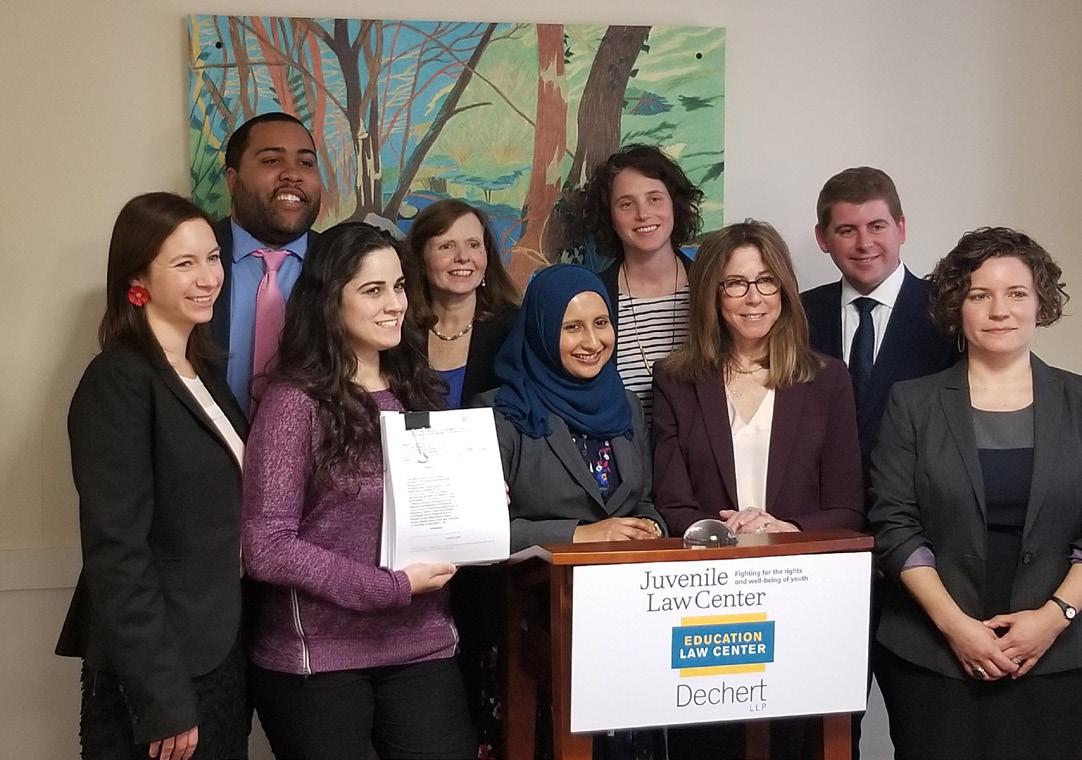
After years of advocacy, Pennsylvania Fostering Independence Through Education Waiver became law, creating a college tuition and fee waiver for youth who were in foster care.
Youth advocacy program published Operation: Education. Justice for Juveniles Act introduced in Congress after years of advocacy by Juvenile Law Center and partners.
Filed lawsuit, Derrick v. Glen Mills Schools, along with partners at Education Law Center-PA and Deckert LLP, on behalf of a class of youth who alleged harm and abuse while confined at the Glen Mills Schools.
Eliminating Debtor’s Prison for Kids Act of 2019, named after Juvenile Law Center’s 2016 report, introduced to incentivize states to eliminate fees and fines in the juvenile legal system; Juvenile Law Center hosts Congressional hearing on bill.
The Youth Advocacy Program’s first Fellow was hired with the support of the Stoneleigh Foundation.
Published Transforming Justice report to support moving away from youth incarceration in Pennsylvania.
Co-hosted state strategy session on youth sex offender registration.
Issued Labeled for Life, a national review of youth sex offender laws.
Updated juvenile record scorecard, Failed Policies, Forfeited Futures.
Published Credit Overdue: How States Can Mitigate Academic Credit Transfer Problems for Youth in the Juvenile Justice System, with partners.
Facilitated passage of legislation, along with partners, to repeal fees and fines imposed on youth in the juvenile legal system and families in four states.
Issued series of Know Your Rights materials for youth in foster care.
Filed a King’s Bench petition in Pennsylvania, a federal lawsuit in Louisiana, and provided technical support in a number of other states advocating for young people to be released from secure facilities in light of the health risks posed by COVID.
Filed Howard v. Coonrod challenging Florida’s parole process, on behalf of a class of incarcerated individuals in Florida who were sentenced to life in prison with the possibility of parole for crimes committed when they were under the age of 18.
Officially launched Debt Free Justice Campaign to challenge fees and fines nationwide; facilitated repeal of fees and fines imposed on youth in the juvenile legal system in an additional five states.
Jones v. Mississippi decided, where Juvenile Law Center led advocates’ amicus brief, arguing for elimination of juvenile life without parole sentences. The court ultimately held that LWOP may not be imposed on transiently immature youth, but a specific finding need not be made to that effect.
In 2023, Freedom Constellations
art installation launched as a collaboration between Mural Arts Philadelphia; Performing Statistics; Juvenile Law Center; Care, Not Control; and the Youth Art and Self Empowerment Project.
After years of advocacy with Education Law Center and other partners, Pennsylvania Act 1 became law, removing educational and graduation barriers for students who experience “education instability” due to homelessness, foster care or juvenile justice involvement, or court-ordered placements.
Issued Reimagining Restitution: New Approaches to Support Youth and Communities report and built restitution resources into Debtors’ Prison website; successfully advocated with partners for repeal of fees and fines in an additional four states.
After years of advocacy by our youth advocates, Philadelphia Mayor Kenney signed legislation establishing the first Office of the Youth Ombudsperson.
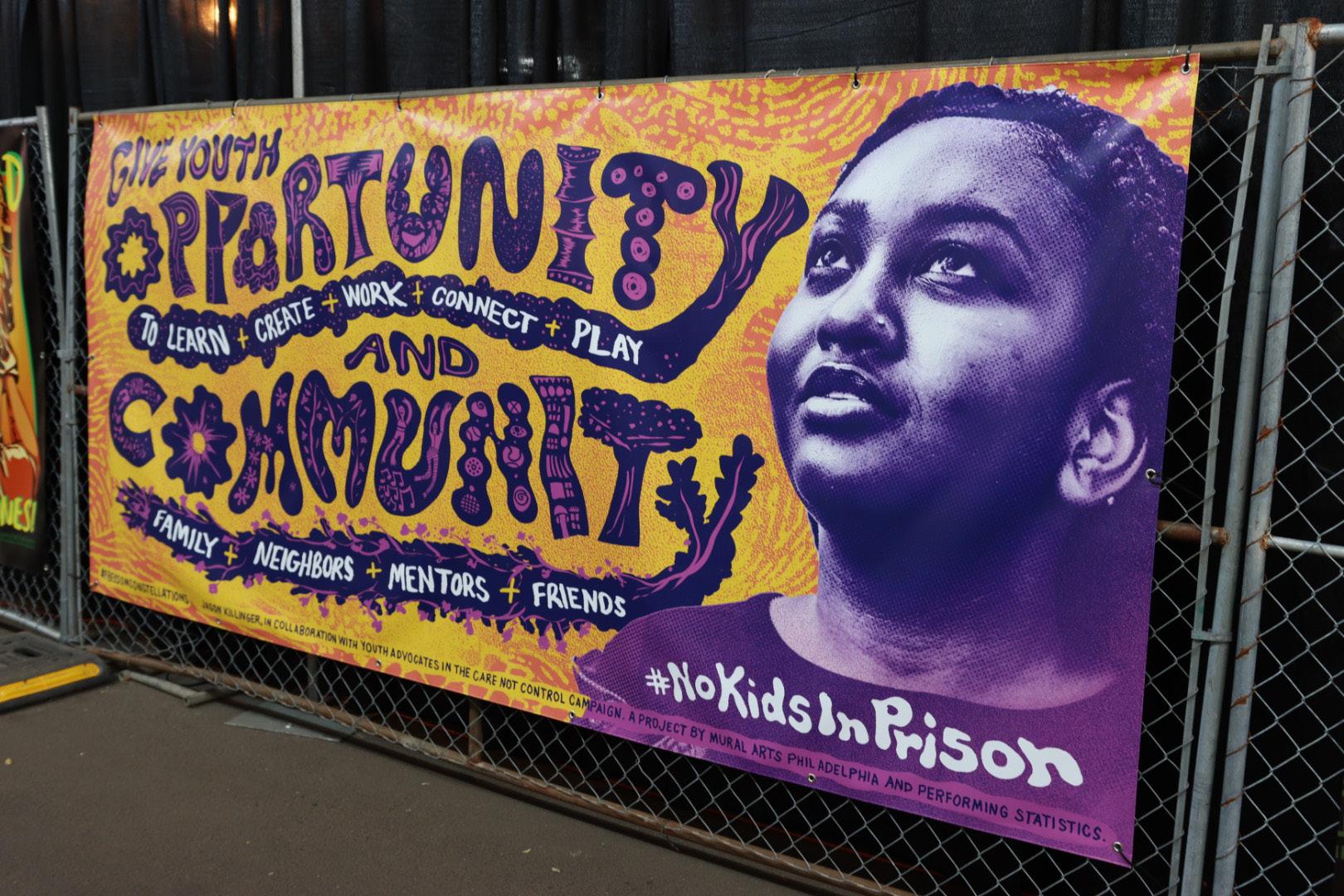
Supreme Court upheld the Indian Child Welfare Act in Haaland v. Brackeen; Juvenile Law Center filed an amicus brief along with 31 other national organizations.
After much advocacy by Juvenile Law Center and partners, Federal Department of Justice issued guidance highlighting the harms of imposing fees and fines on youth in the juvenile legal system. Facilitated the repeal of fee and fine bills in an additional four states.
Omnibus juvenile legal system reform bill, HB 1381, introduced in Pennsylvania legislature; staff and youth advocates extensively lobbied for bill.
2023 2022
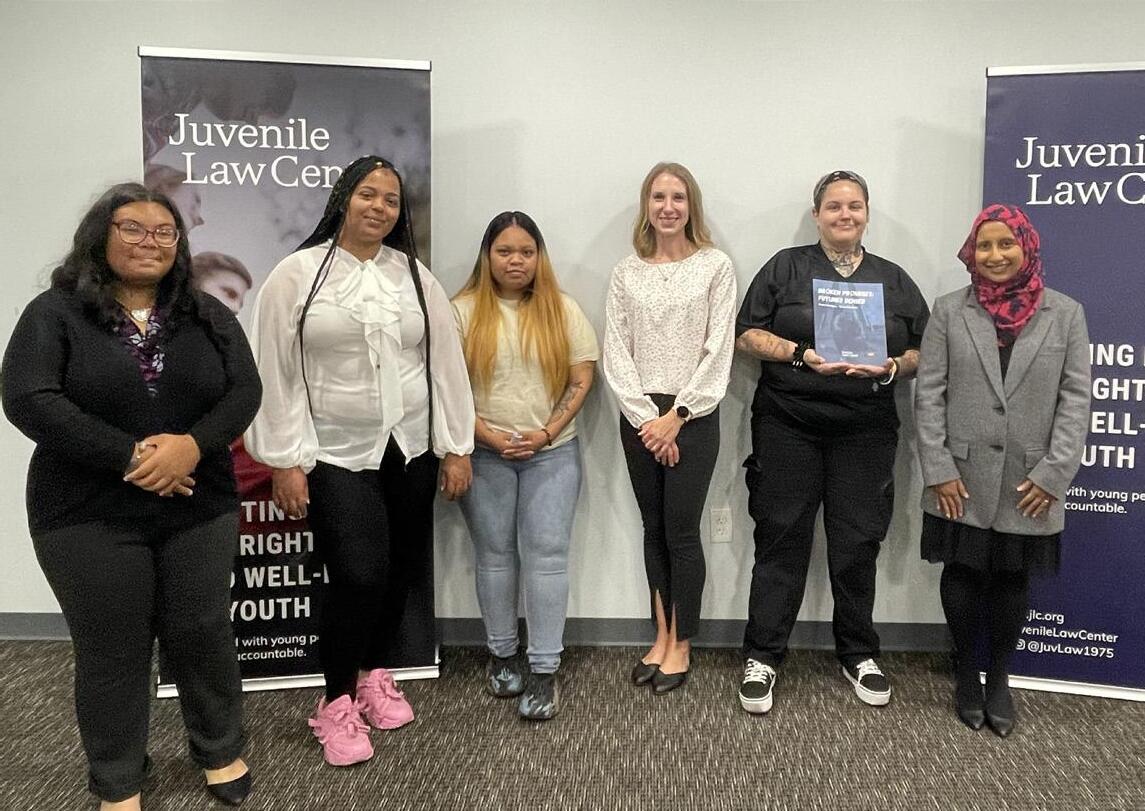
In 2024, youth advocates and staff issued Broken Promises, Futures Denied, the second edition of our 2018 Broken Bridges report, chronicling the harms youth face in the juvenile legal system and proposing recommendations for reform.
Welcomed our first class of Stoneleigh Youth Advocacy Fellows.
Glen Mills School federal lawsuit settles.
Hosted Juvenile Justice Convening funded by the MacArthur Foundation to fight rollbacks or threats of rollbacks to juvenile justice reform.
Susan Vivian Mangold retires as CEO; Riya Saha Shah named Juvenile Law Center’s next CEO.
Juvenile Law Center celebrates 50 years of leading the fight for children’s rights.
Co-founder and Chief Legal Officer, Marsha Levick, to step down.
With your help we can sustain the next fifty years of leading the fight for children’s rights. Join the fight today.

Scan this QR code to make a gift and read our 50th Anniversary Case for Support.

